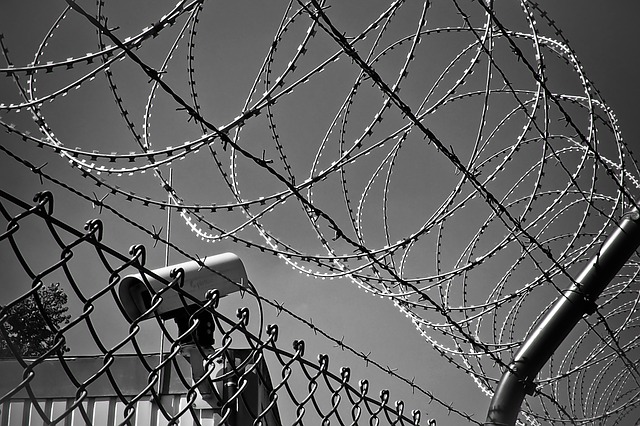Call for proposals: Micro or “rapid response” projects
Project duration: 10 May 2021–25 Sept 2021
Project budget: 4,938.00 EUR
In April 2021 the Slovenian parliament adopted the proposed amendments to the Aliens Act and the International Protection Act. The organizations working with refugees and foreign workers have long warned of the harmful consequences that the amended laws will have on the lives of the people they represent. As the laws were adopted despite the pressure from NGOs and civic initiatives, our associations have had to consider how to proceed.
Because the key to combating the harmful effects of such policies is to inform the people most affected by the changes, we decided to conduct a series of information events for them. We also prepared information materials to raise awareness about the key changes. We named our plan of action "The Aliens Act and the International Protection Act – How to Proceed?" We wanted to focus mainly on four aspects of changes in the law: family reunification for migrant workers, the conditions for asylum seekers, integration agreements for the persons seeking international protection and the procedures related to rejected asylum seekers.
These are the four areas where both new laws grossly encroach on people's rights. The Aliens Act deprives migrant workers of the right to be reunited with their families after one year. The worker will be able to bring his family members to Slovenia only after two years of legal residence. The conditions for demonstrating sufficient financial resources have also been tightened. According to the new law, asylum seekers will no longer be able to sleep outside the asylum home even for a single night, nor will they be able to move outside the municipality. Staying in an asylum center will be chargeable for the applicants that are employed. The applicants' lawyers will be forced to provide the Ministry of the Interior with confidential information that could harm the applicant in resolving their application. The new law allows locking up the applicants in the Aliens Center, which is the same as a prison, already when they only commit an offense. Another novelty is the integration agreement that defines a ‘basket of rights’ for persons with recognized international protection in accordance with their integration achievements, such as language skills and employment. Refugees whose asylum applications have been rejected are denied the possibility of applying for a temporary stay, which would allow them a legal recourse to prove that deportation to their country can be dangerous.
With our set of lectures, information leaflets and the establishment of communication channels, we want to inform our target groups about these changes. At the same time, we will gather first-hand feedback on how the changes are affecting their lives. The collected material will be forwarded to key institutions that could influence the elimination of these amendments, and the affected groups with whom we will establish contact will be included in further struggles to eliminate the harmful articles.
Contact person: Zana Fabjan Blažič






